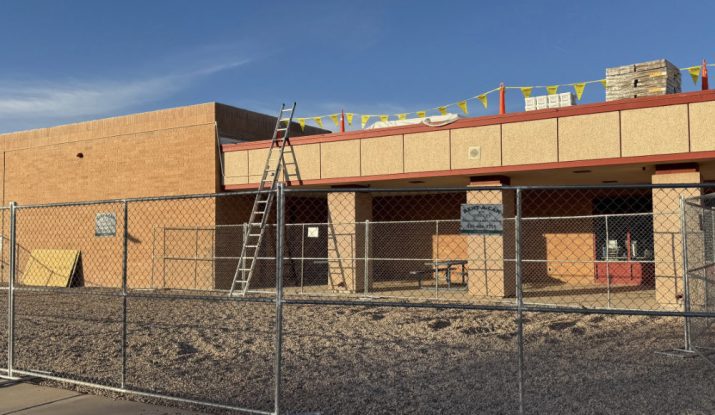Temporary fencing is perfect for construction sites, events, and other short-term projects. Renting temporary fencing is often more practical and cost-effective than buying, but there are several factors you’ll need to consider before you make an agreement. In this post, we’ll explain what you need to know before you rent portable fencing—like how to find out if you need permits, and which questions to ask when you request a quote.
Are Temporary Fencing Rentals Better Than Buying?
If your business has frequent, long-term needs for temporary barriers—and a place to store them—buying is the way to go. But for most businesses, renting temporary fencing is a far better option.
Renting offers several advantages over buying:
- Cost-effective: Rentals are more affordable for short-term projects.
- Convenient: There’s no need to worry about storage or maintenance between projects.
- Flexible: You can easily adjust the type and quantity of fencing as your needs change.
- Hassle-Free: Delivery, setup, and removal are all handled by the rental company.
Top Things to Know Before Renting Temporary Fencing
1: Type of Fencing
Do you need to block street traffic for an event? Do you need a fence tall enough to secure a construction site? Clearly identifying the purpose for the fencing will help you select the appropriate height, stability, and materials.
- At Construction Sites: Opt for durable, secure fencing to protect equipment and ensure safety. Available with or without visual screening to restrict view.
- For Events: Typically used as a barrier to either keep people in or out of an area, or for guiding foot traffic and maintaining order.
2: The Size of Your Budget
The cost of temporary fencing rental costs can vary greatly depending on the type, size, and duration of the rental. When comparing quotes, make sure to check for additional fees, such as delivery, installation, or removal costs. Expect to pay per foot or panel.
3: Length of Use
How long you need the fencing is an important factor when it comes to choosing the right rental agreement. Expect daily, weekly, or monthly rates depending on the company and the length of the rental. When requesting a quote, be clear about your timeline to avoid unexpected costs and ensure the fencing is available for the entire duration of your project.
4: Security and Durability
As far as durability, you’ll need to consider the following:
- The level of security required
- Weather conditions in your area (for example, strong wind speeds may require more durable installation)
- The likelihood of wear and tear, especially for long-term rentals.
5: Local Regulations and Permits
Most communities have specific rules and regulations for temporary fencing. These may include permits for installation, height restrictions, and requirements for signage or visibility. It’s important to research your local guidelines to ensure compliance and avoid fines or delays.
5: Installation and Removal
Make sure that the rental company handles installation and removal. Professional installation ensures that the fencing is set up correctly and securely, while removal services save you time and effort once the project is complete. Be sure to clarify whether or not these services are included in the rental cost.
Installation needs vary depending on the surface the fencing is placed on
- Concrete or asphalt require flat stands
- Installation on dirt can be t-posts, flat stands, or a combination of each
- Gravel or uneven surfaces may require a combination of t-posts, flat stands, and weighted stands or sandbags
Temporary Fencing Rentals in Phoenix, Arizona
If you’re looking for temporary fencing, Rent-A-Can can deliver. We offer 6′ x 12′ chain-link fencing panels for long- and short-term projects. Our professionals will install and remove the fencing so you can focus on your project. Contact us today to request a quote.



